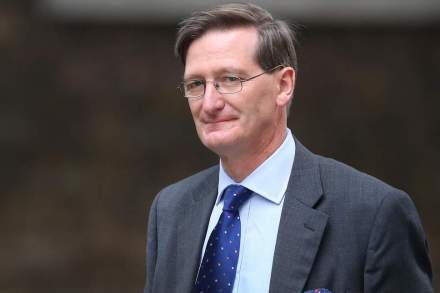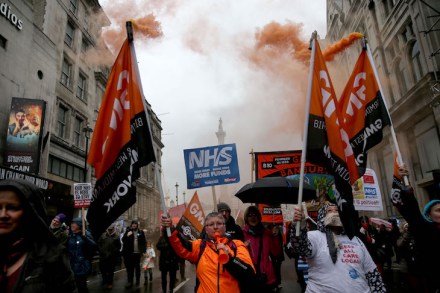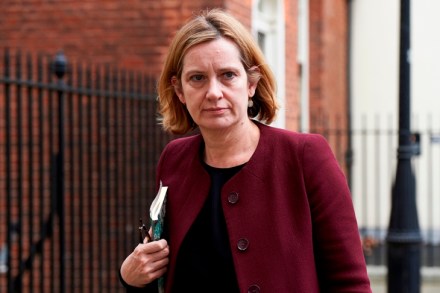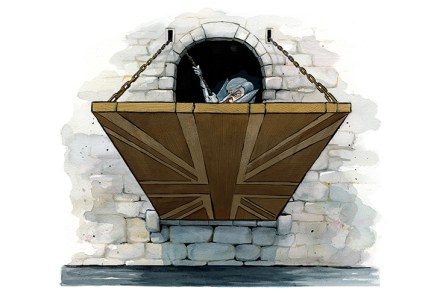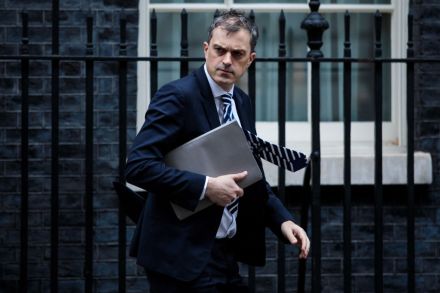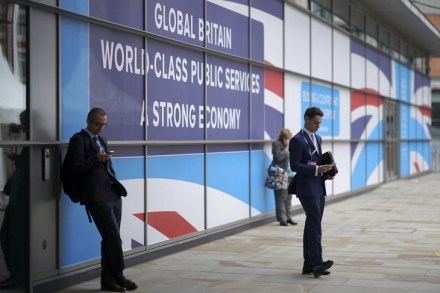Rebels climb down on ‘crunch’ Brexit vote – again
One of the laws of Brexit is that every Commons division and Cabinet meeting billed as being a ‘crunch vote’ or ‘crunch talks’ ends up postponing the crunching again, and again and again. This afternoon, Dominic Grieve announced that he would ‘accept the government’s difficulty’ on the matter of a meaningful vote and ‘support it’. He was speaking in the Commons shortly before a division was supposed to be called on this matter, and not long after the government had offered a compromise. That compromise involved David Davis issuing a Written Ministerial Statement which clarifies that the Speaker can decide whether or not a motion issued by the government using
